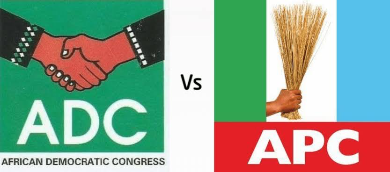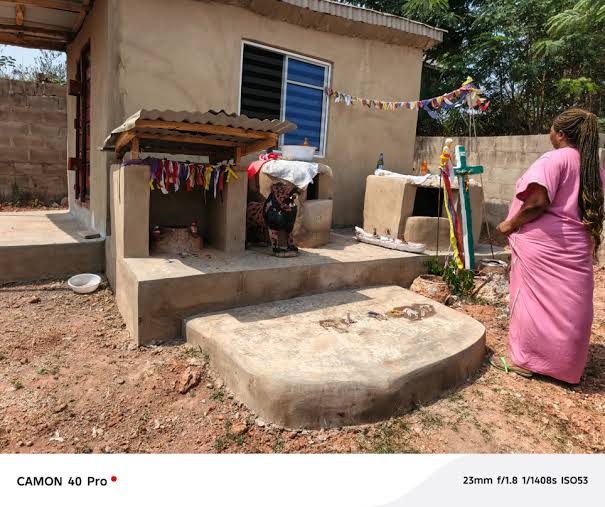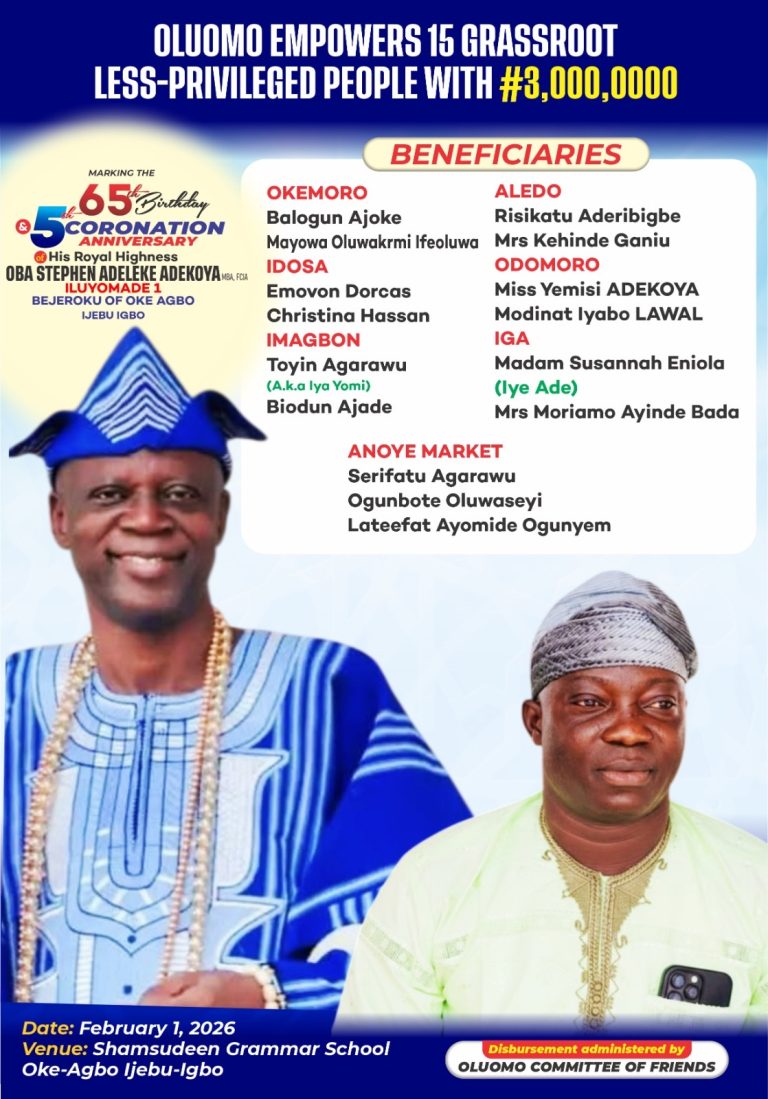
The Independent National Electoral Commission, or INEC, conducted a mock accreditation exercise on Saturday in advance of the general elections in 2023 in an effort to evaluate the effectiveness of the Bimodal Voter Accreditation System, or BVAS.
According to our reports, there was a low participation rate in the six local governments’ mock accreditation exercise.
The exercise was carried out in the local governments of Abeokuta South, Abeokuta North, Ado Odo/Ota, Ogun Waterside, Sagamu, and Egbado South.
The exercise began at 8:30 a.m., and because each accreditation took an average of 90 seconds, residents were greeted promptly.
One of the accreditation venues in Abeokuta North, Olowu’s Palace in Oke-Ago Owu, saw a low turnout of eligible voters.
As of 10:46 a.m., it was discovered that only six people had been successfully accredited, and officials of the commission sat down to wait for the numbered votes.
Additionally, it was observed that representatives of political parties were observed at the polling unit, examining the 544 lists of eligible voters to see if the lists of their members were included.
The circumstance remained the same at the Centenary hall in Ake ward 1 of the state’s Abeokuta South Local Government.
In an interview with journalists, Niyi Ijalaye, INEC’s Resident Electoral Commissioner, stated, “BVAS takes about 40 seconds to accredit a voter, which is very acceptable.” BVAS is working for us, and we hope it will continue to do so throughout the state.
On the days of the elections, Ijalaye urged people to go out and vote for their favorite candidates.
We are urging people to come out on that day. Accreditation will be granted in about a minute, he stated.
According to the INEC REC, the collection of Permanent Voter Cards, or PVCs, will come to an end on Sunday.





